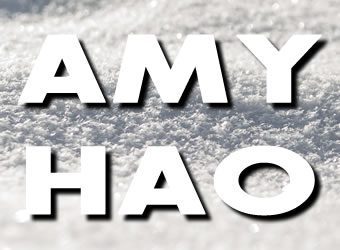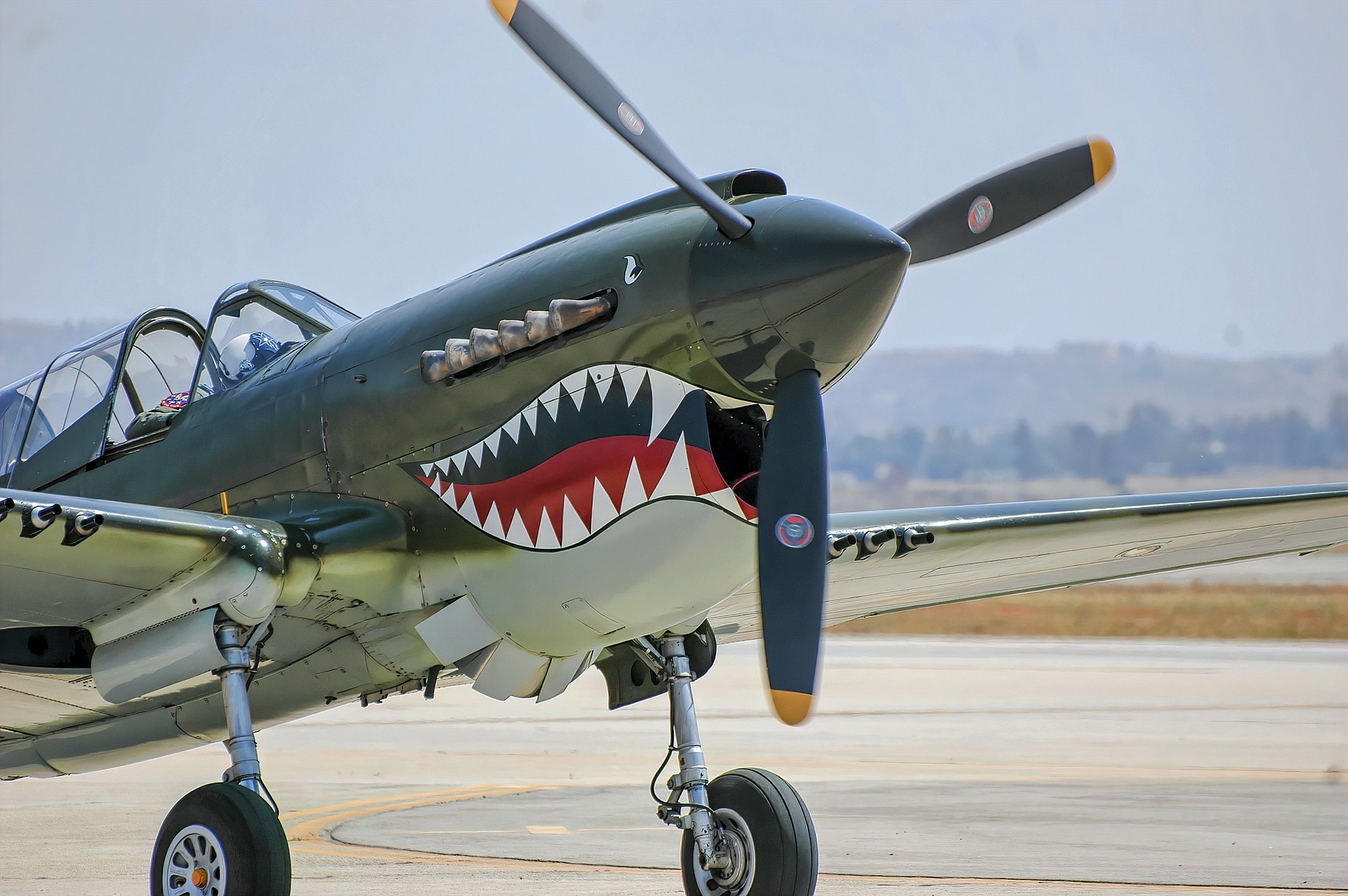Amy mentions that there may be people who are not able to escape from Afghanistan, which reminds her of her uncle Charlie’s story. Charlie was a high school senior at a missionary school in 1943, until the Japanese invaded Shanghai. At which time the whole school was evacuated by the US priests to Kunming. The US air force (Flying Tigers) was operating from the area and training the Chinese air force, which created a need for interpreters. Charlie volunteered as a part time interpreter, given that he spoke perfect Chinese and English. He was later hired full time after he turned 18. In 1945, when the Japanese surrendered, the Flying Tigers went home and the missionary school moved back to Shanghai.
Charlie had met a beautiful “dancing girl” in a night club and fallen in love with her. They got married and went into Charlie’s family real estate business in Shanghai. They were very happy and had two children. In 1948, Charlie’s friends from the missionary school prepared to leave before the communist take over. They encouraged Charlie to leave to Taiwan, but Charlie did not want to leave his family or their properties.
The communists took over in 1949 and after the start of the Korean war, anyone who had had any association with the US military had to register themselves. Failure to do so would result in jail. So, Charlie let them know about his time as an interpreter. He was arrested six months later, accused of treason and espionage. He was sentenced to ten years at a labor camp. All his properties were confiscated. He was released early, because he was sick with Tuberculosis. His family had been kicked out of their house and were living in a door mans reception room.
At that time, people without a job in Shanghai were asked to go to North West China to work in coal mines. He moved in with his Grandmother, while his wife took the kids with her and went to work in the coal mines. Charlie still had a missionary friend who was in Shanghai and working as a doctor, who was able to help Charlie and give him some medicine. At the time Americans and British were “enemy number 1” in communist China, but there was still some western products available through Hong Kong. So, Charlie was able to get some medicine to treat his Tuberculosis.
Charlie’s wife was working in harsh conditions in the coal mine, but was able to secure a position as a cook. They barely had enough food. A communist officer at the camp offered her more food, if she would be his mistress. She had no other way to take care of her kids.
During the Cultural Revolution, Charlie, still weak from his sickness, struggled to find any work. However, the Red Guard ignored him. After the Cultural Revolution his wife returned to Shanghai. In 1981, Charlie managed to contact a priest form the missionary school who offered him a means of applying for political asylum in Taiwan. Charlie refused on the grounds that his wife and sons would still be in mainland China.
Amy notes the similarity to those people in Afghanistan who have been working with the US.

